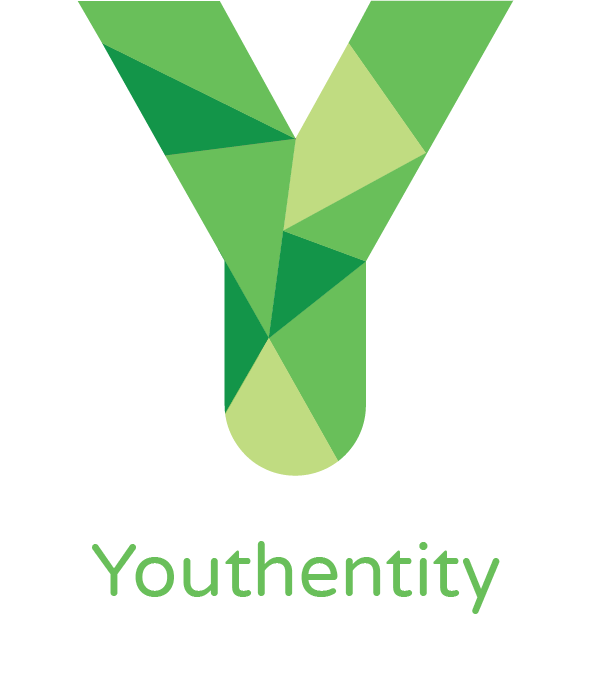Youthentity column: Students should understand financial reality before it hits
Big news! Youthentity has a guest column in the Glenwood Springs Post Independent. Our incredible Executive Director, Kirsten McDaniel, will write a monthly column to share thoughts on youth development in the Roaring Fork Valley. Look for our column the first Thursday of each month!
As an adult, I remember high school like it was yesterday, particularly the feelings of uncertainty and confusion about my future. As a 16-year-old, it was unspoken but the expectation was clear: I would go to college.
My dream, however, was to drop out of school and pursue a career as a professional dancer in New York. I was full of passion for ballet, held a hazy-at-best perspective on how money works, and completely lacked any maturity or knowledge of the world beyond my limited years. When I did go to college, my dream of being a dancer soundly packed away, I had only a vague idea of my purpose for the next four years.
Ultimately, my college education helped change the trajectory of my life, but I now know we weren’t one of the few families that did not have to finance a college education. I’d assumed my parents had planned financially for it; otherwise, why would I be going? With three of us in college at once, my dad was happy to see me graduate on time.
I now regret my ignorance surrounding my parents’ true ability to pay for my education. Living in a country that is largely financially illiterate, it is tough to make informed financial decisions about college and career choices, primarily because students and parents have not been shown how to weigh costs versus benefits, i.e., will a $120,000 liberal arts degree from a private university return its investment?
While I cannot change my past, we can help today’s youth make educated decisions about their futures. I recently worked on a career planning project with a high school graduate; a young man who was considering three different career paths within the healthcare industry. Each path varied in education and training requirements that ranged from five semesters to at least eight years, and with potential annual earnings of $55,000 to $150,000, and potential debt as high as a few hundred thousand dollars.
We evaluated each career path in the context of comparing financial planning (loans plus interest for each job, length of training, and income potential), while factoring in career passion and overall risks and rewards. We all know that finding the way to both a satisfying career and financial success requires making a plan that includes setting goals, planning, and continued maintenance and review of those goals.
So, why aren’t we presenting this big-picture dose of reality to young people before launching them into their critical post-high-school years?
Most families don’t have the resources to pay a consultant to help their teen develop a life plan — and the good news is, they don’t have to. Hands-on learning models are increasingly finding a place in our school system.
This year, Youthentity launched our Career Academy & YE University program — a year-long, for-credit class that allows students to “try on” careers in the culinary, architectural, construction and hospitality fields, and in which the development of a career and life plan is a class requirement.
It is a serious commitment of time for our students, and we know that they will be richly rewarded with the ability to understand the choices ahead of them and make informed decisions about their futures.
At Youthentity, we’re hopeful that experiential learning with real-world applications will take hold in our educational system, becoming the norm for all students. Educating kids about all options — including those which do not involve college — while providing a healthy dose of financial literacy education is not only critical to the well-being of our students, but to the health of our communities.
Kirsten Petre McDaniel is Executive Director for Youthentity.
